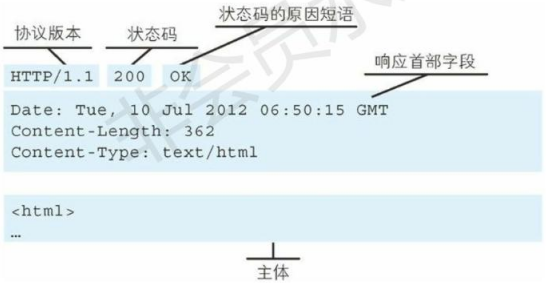文章目录
- 1、简介
- 2、Windows语音
- 2.1 简介
- 2.2 安装
- 2.3 代码
- 3、pyttsx3
- 3.1 简介
- 3.2 安装
- 3.3 代码
- 4、ggts
- 4.1 简介
- 4.2 安装
- 4.3 代码
- 5、SAPI
- 6、SpeechLib
- 7、百度AI
- 8、百度飞桨
- 结语
1、简介
TTS(Text To Speech) 译为从文本到语音,TTS是人工智能AI的一个模组,是人机对话的一部分,即让机器能够说话。
TTS是语音合成技术应用的一种,首先采集语音波形,然后进行优化处理,最后存储在数据库中,合成语音是提取波形转换成自然语音输出。
2、Windows语音
2.1 简介
https://support.microsoft.com/zh-cn/windows/%E5%9C%A8%E8%AF%AD%E9%9F%B3%E6%8F%90%E7%A4%BA%E4%B8%ADwindows-83ff75bd-63eb-0b6c-18d4-6fae94050571
Windows 语音识别允许你单独通过语音控制电脑,而无需键盘或鼠标。 本文列出了可用于语音识别的命令。
2.2 安装
speech模块是一个封装层模块,用于调取Windows本地的语音合成服务。因此请确保你使用的OS是Windows并且有python调取Windows的API,pywin32。
pip install speech

speech.py文件进行修改:print(prompt)、import _thread
pip install pypiwin32

2.3 代码
import speech
#自动体系
speech.say("要开始啦")
#输入语音
while True:
print(u"开始说话")
say = speech.input() # 接收语音
# speech.say("你说了" + say) # 说话
speech.say(say) # 说话
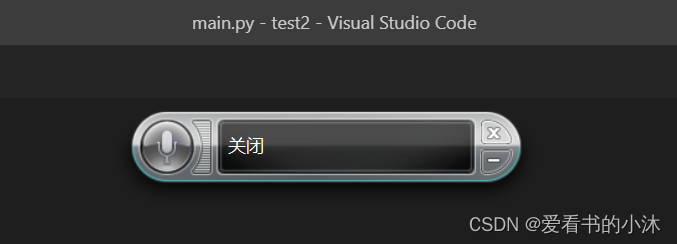
import speech
while True:
say = speech.input() # 接收语音
speech.say("you said:"+say) #说话
if say == "你好":
speech.say("How are you?")
elif say == "天气":
speech.say("今天天气晴!")
3、pyttsx3
3.1 简介
https://pypi.org/project/pyttsx3/
适用于 Python 2 和 3 的文本转语音 (TTS) 库。无需互联网连接或延迟即可工作。支持多种TTS引擎,包括Sapi5、nsss、espeak等。
pyttsx3 是 Python 中的文本到语音转换库。与其他库不同,它可以离线工作,并且与 Python 2 和 3 兼容。
pyttsx3库 : 是Python中的文本到语音转换库, 它可以脱机工作
优点 : 可以脱机工作, 支持将语音直接朗读, 可调节音量和速度
缺点 : 初始只有英语(女)和中文(女)的语音包, 其他语言的语音包需要另外下载
3.2 安装
pip install pyttsx3

3.3 代码
#coding=utf-8
import pyttsx3
pyttsx3.speak("Hello World!")
pyttsx3.speak("持续推动我国经济实现质的有效提升和量的合理增长")
import pyttsx3
engine = pyttsx3.init()
engine.say("I will speak this text")
engine.runAndWait()
import pyttsx3
engine = pyttsx3.init() # object creation
""" RATE"""
rate = engine.getProperty('rate') # getting details of current speaking rate
print (rate) #printing current voice rate
engine.setProperty('rate', 125) # setting up new voice rate
"""VOLUME"""
volume = engine.getProperty('volume') #getting to know current volume level (min=0 and max=1)
print (volume) #printing current volume level
engine.setProperty('volume',1.0) # setting up volume level between 0 and 1
"""VOICE"""
voices = engine.getProperty('voices') #getting details of current voice
#engine.setProperty('voice', voices[0].id) #changing index, changes voices. o for male
engine.setProperty('voice', voices[1].id) #changing index, changes voices. 1 for female
engine.say("Hello World!")
engine.say('My current speaking rate is ' + str(rate))
engine.runAndWait()
engine.stop()
"""Saving Voice to a file"""
# On linux make sure that 'espeak' and 'ffmpeg' are installed
engine.save_to_file('Hello World', 'test.mp3')
engine.runAndWait()
4、ggts
4.1 简介
https://pypi.org/project/gTTS/
gTTS(Google Text-to-Speech),一个 Python 库和 CLI 工具,用于与 Google 翻译文本转语音 API 交互。

gTTS(Google Text-to-Speech),一个 Python 库和 CLI 工具,用于与 Google Translate 的文本转语音 API 交互。 将语音数据写入文件、类似文件的对象 (bytestring) 以进行进一步的音频操作。
4.2 安装
pip install gTTS
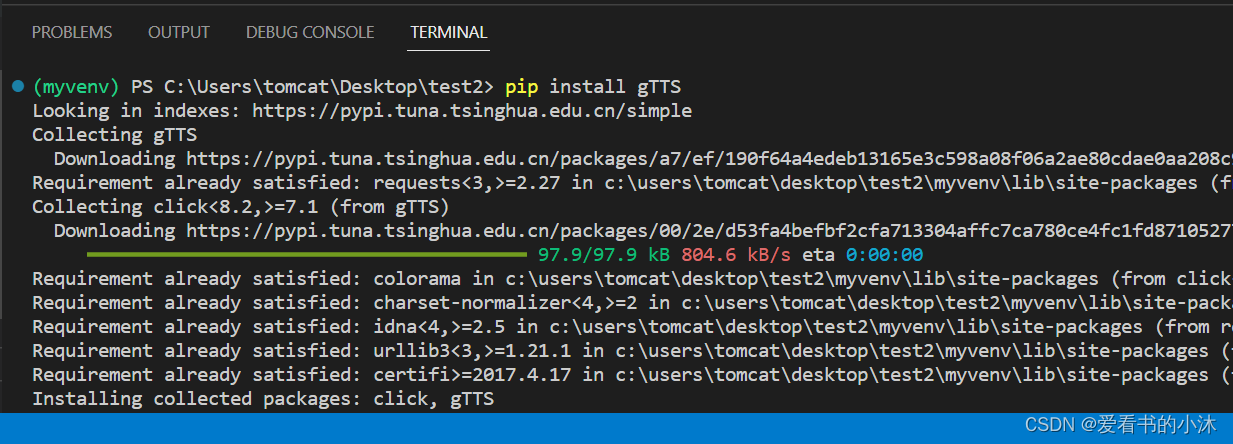
4.3 代码
gtts-cli 'hello' --output hello.mp3
或
from gtts import gTTS
tts = gTTS('hello')
tts.save('hello.mp3')
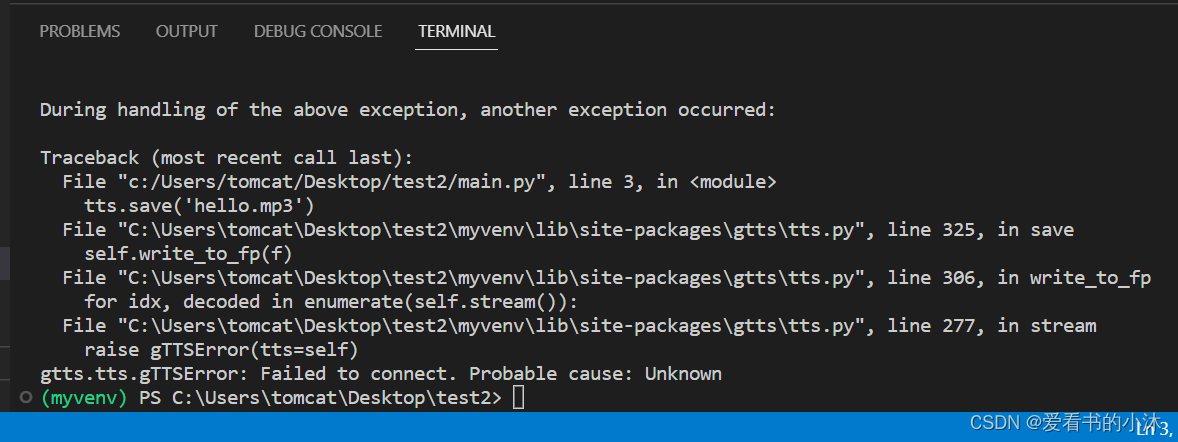
执行失败了。
5、SAPI
SAPI是微软Speech API , 是微软公司推出的语音接口,而从WINXP开始,系统上就已经有语音识别的功能了,可是用武之地相当之少,他并没有给出一些人性化的自定义方案,仅有的语音操控命令显得相当鸡胁。
操作window dll的库,它可以实现很多功能,十分强大。
import win32com.client
speaker = win32com.client.Dispatch("SAPI.SpVoice")
speaker.Speak("hello")
6、SpeechLib
comtypes依赖pyttsx3包。( comtypes Required-by: pyttsx3 )
安装:
pip install comtypes
代码:
from comtypes.client import CreateObject
engine = CreateObject('SAPI.SpVoice')
stream = CreateObject('SAPI.SpFileStream')
from comtypes.gen import SpeechLib # 导这个包必须放在 上面3行代码 后面,否则运行时会报错。
infile = 'demo.txt'
outfile = 'demo_audio.wav'
stream.Open(outfile, SpeechLib.SSFMCreateForWrite)
engine.AudioOutputStream = stream
# 读取文本内容
f = open(infile, 'r', encoding='utf-8')
theText = f.read()
f.close()
engine.speak(theText)
stream.close()
7、百度AI
https://ai.baidu.com/
基于Deep Peak2的端到端建模,将音频流实时识别为文字,并返回每句话的开始和结束时间,适用于长句语音输入、音视频字幕、会议等场景.
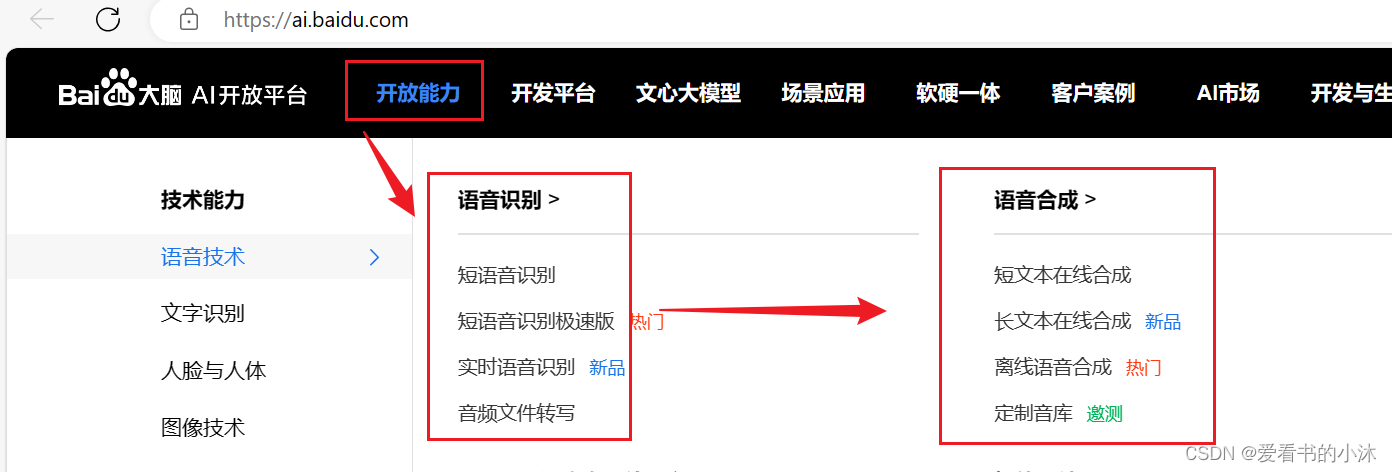

https://ai.baidu.com/sdk#asr

https://console.bce.baidu.com/ai/#/ai/speech/overview/resource/getFree

pip install baidu_aip
from aip import AipSpeech
#用上面提到的APP ID, API Key和Secret Key替换
APP_ID = 'xxxx'
API_KEY = 'xxxx'
SECRET_KEY = 'xxxx'
client = AipSpeech(APP_ID, API_KEY, SECRET_KEY)
manual = r'百度你好! \
语音合成测试。'
if __name__ == '__main__':
print('start voice process')
#语速spd: 5, 语调pit: 5, 播音per: 1
result = client.synthesis(manual, 'zh', 1, {
'vol': 5, 'per':1,
})
# 识别正确返回语音二进制 错误则返回dict 参照下面错误码
if not isinstance(result, dict):
with open('audio.mp3', 'wb') as f:
f.write(result)
print('process end')
8、百度飞桨
pip install paddlepaddle -i https://mirror.baidu.com/pypi/simple
pip install paddlespeech -i https://pypi.tuna.tsinghua.edu.cn/simple
paddlespeech tts --input '人工智能体验' --output test.wav
paddlespeech asr --input test.wav
paddlespeech asr --lang zh --input test.wav
from paddlespeech.cli.asr.infer import ASRExecutor
asr = ASRExecutor()
result = asr(audio_file="test.wav")
print(result)
结语
如果您觉得该方法或代码有一点点用处,可以给作者点个赞,或打赏杯咖啡;╮( ̄▽ ̄)╭
如果您感觉方法或代码不咋地//(ㄒoㄒ)//,就在评论处留言,作者继续改进;o_O???
如果您需要相关功能的代码定制化开发,可以留言私信作者;(✿◡‿◡)
感谢各位大佬童鞋们的支持!( ´ ▽´ )ノ ( ´ ▽´)っ!!!


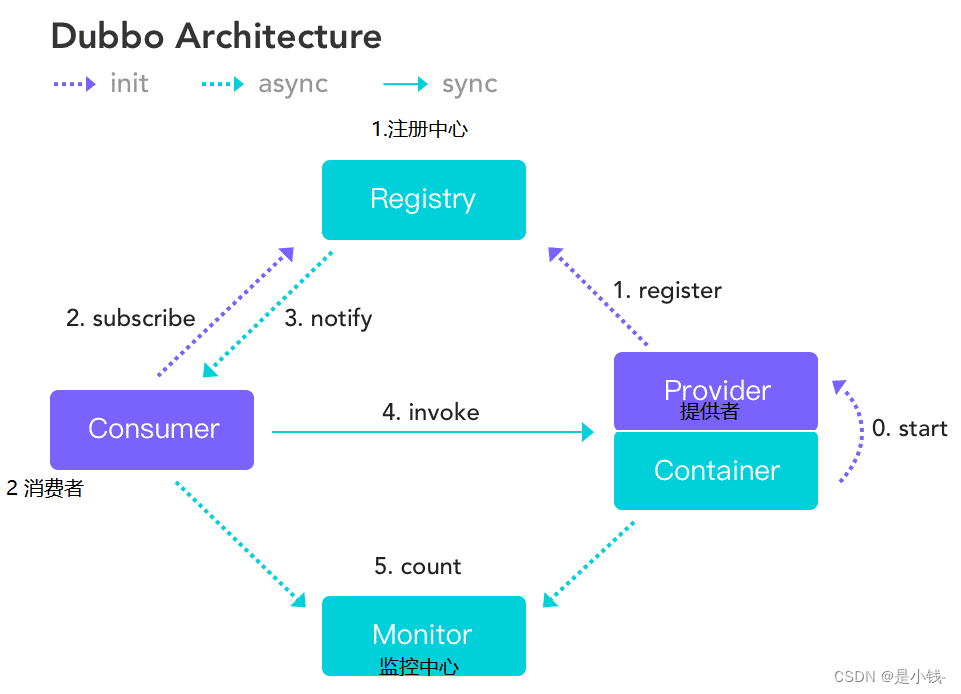
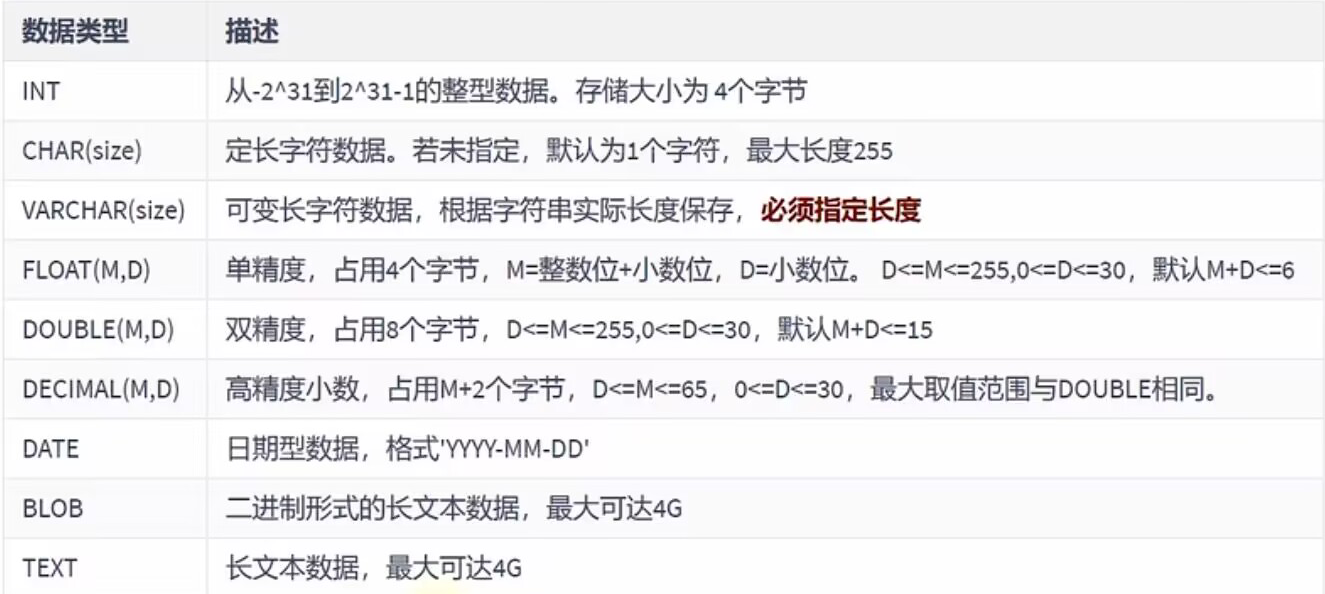





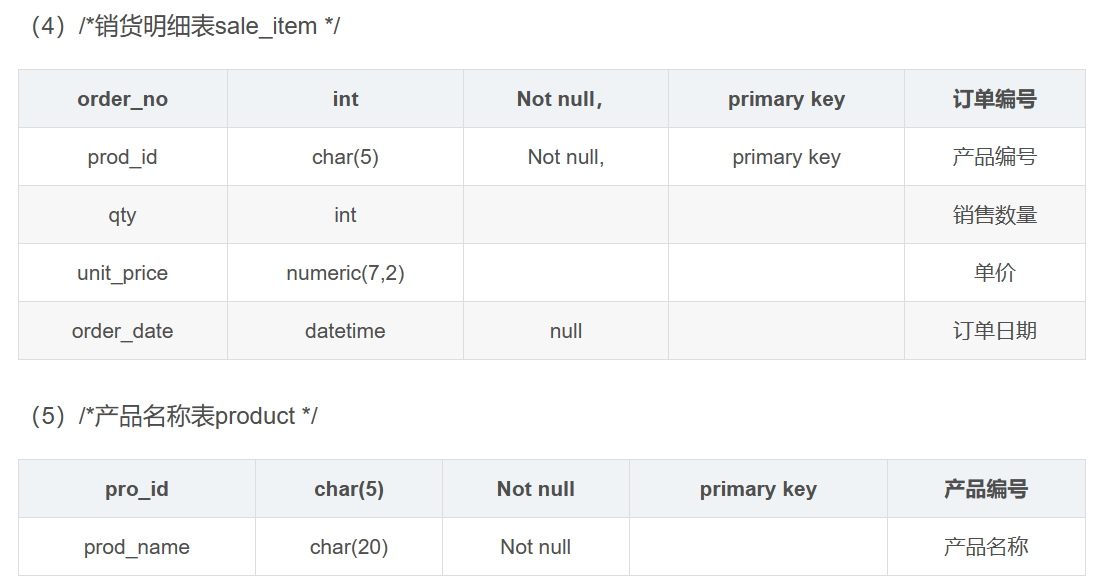








![[软件工具]文本去重含有重复的全部删除不是保留一个重复的方法](https://img-blog.csdnimg.cn/direct/4d8a1d7040954e708e4d638d534d5d2a.png)

